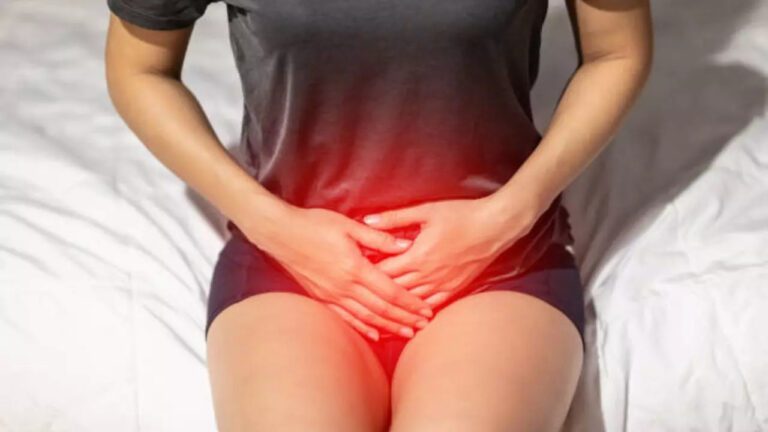Expert debunks misconceptions about vaginal tightening (Image credit: iStock)
In recent years, the debates surrounding women’s health have become increasingly open and inclusive, yet some topics remain taboo. Such a subject it is vaginal tightening. Despite its prevalence and relevance to many women’s lives, misinformation and misconceptions persist, often leading to confusion and discomfort. However, experts are now stepping up to dispel myths and provide accurate information about this important aspect of women’s health.
Women often have various concerns about vaginal rejuvenation procedures, ranging from social issues to fears of negative outcomes, long downtime, and loss of sexual function. Although many believe that these procedures are only necessary after childbirth, they can face a number of vaginal problems, including dryness, weak tissue, stress urinary incontinence and pain during sex, all of which can occur with age. due to loss of collagen in the skin. .
Dr Sonali Kohli, Consultant Dermatology, Sir HN Reliance Foundation Hospital debunks myths and misconceptions about vaginal tightening.
Common misconceptions:
Childbirth causes permanent vaginal relaxation: While childbirth can affect the elasticity of the vaginal muscles, it does not inevitably lead to permanent relaxation. With exercises like kegels and other pelvic floor strengthening techniques, the vagina can often regain its original shape and size.
Hormonal changes and aging leading to automatic vaginal relaxation: Although hormonal changes can affect the flexibility of the vaginal muscles, they are not the only determining factor. Factors such as overall health and lifestyle choices such as regular physical activity and a balanced diet also play an important role in maintaining vaginal tightness.
Sole Reliance on Kegel Exercises for Vaginal Tightening: While Kegel exercises are beneficial for strengthening the pelvic muscles and improving vaginal tightness, they are not sufficient on their own.
Vaginal tightening products: Despite numerous products that claim to tighten the vagina, many lack scientific support and may even cause side effects such as irritation and itching. It is recommended that individuals concerned about vaginal tightness consult a healthcare professional for evaluation and appropriate recommendations.
Herbal supplements: Some vaginal tightening products contain natural ingredients such as manjakani or oak gall, but they can cause discomfort and allergic reactions. Furthermore, these products are often unregulated and their safety and effectiveness remain unknown.
Vaginal Tightening Treatments
Various treatments can effectively treat a range of vaginal problems beyond simple vaginal laxity resulting from childbirth. These concerns include vaginal dryness, weakened vaginal tissue, stress urinary incontinence, and discomfort or pain during intercourse (dyspareunia). As we age, the decrease in collagen in our skin can cause vaginal changes. Laser therapy offers a solution to reverse this process, effectively restoring the vaginal area without requiring surgery or downtime.
The treatment uses a specialized dilator that is inserted into the vaginal canal, releasing energy systematically to stimulate collagen growth throughout. Extremely minimally invasive, the procedure usually only takes 3-5 minutes, allowing individuals to immediately resume their normal activities without worrying about recovery time.


